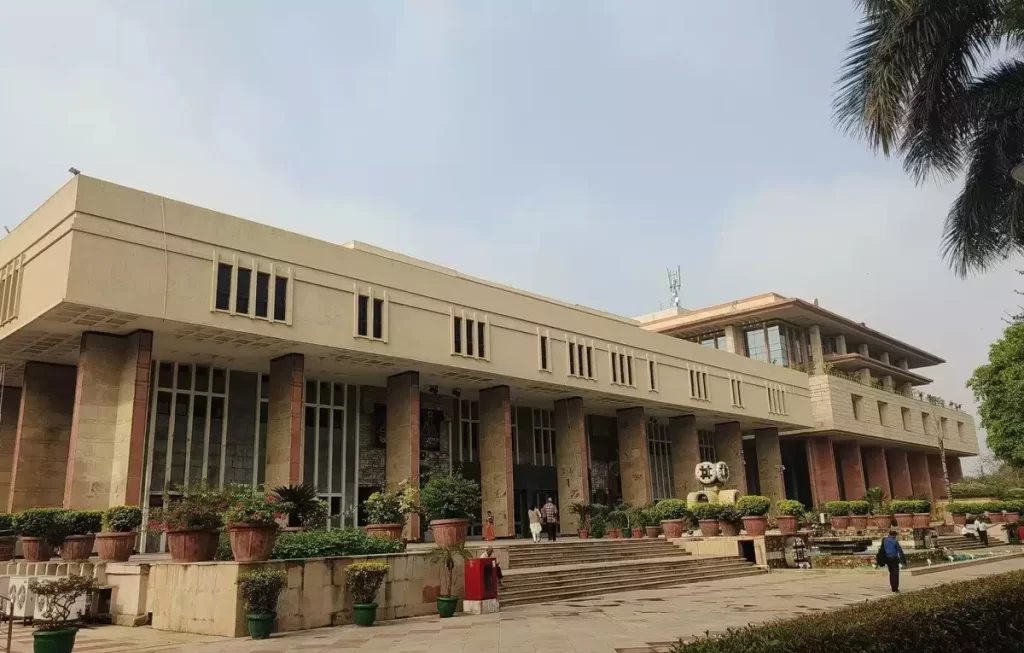Jahanvi Agarwal
The Delhi High Court recently emphasized that individuals accused of a crime cannot be forced to disclose their gadget and online account passwords, citing protection under Article 20(3) of the Indian Constitution i.e., Right Against Self-Incrimination.
The Bench consisted of Justice Saurabh Banerjee, who made the point while granting bail to an accused involved in a case where E-Sam Park Softech and its directors allegedly earned about $20 million through fraudulent phone calls to US citizens from call centers in India.
The Central Bureau of Investigation (CBI) opposed the bail plea, asserting that the accused, a director of the company, was a key player in the scam but refused to provide passwords for his gadgets, email, and crypto wallet accounts. In the bail order, Justice Banerjee highlighted the electronic evidence aspect, noting that laptops, mobile phones, and other seized gadgets form the crux of the case and cannot be tampered with.
The court acknowledged the expectation for an accused to cooperate in the investigation but stressed that the protection under Article 20(3) prevents coercion to reveal sensitive information. Justice Banerjee stated, “investigating agencies cannot expect anyone ‘to sing in a tune which is music to their ears when they are protected under Article 20(3) of the Constitution.”
Regarding the ongoing trial, the court affirmed that the accused cannot be compelled to disclose passwords or similar details due to constitutional protection. The CBI alleged that call centre employees impersonated US government officials to extort money. The accused’s counsel argued that his family members, also accused, were charge-sheeted without arrest, and out of the 12 accused, only the applicant was arrested, with the investigation against him complete.
Examining the case facts, the court noted that the alleged victims were abroad, minimizing the accused’s chances of influencing witnesses. It emphasized that the accused, during 203 days of interim bail, did not misuse liberty or engage in inappropriate activities.
Consequently, the court did not deem the accused a flight risk, emphasizing the presumption of innocence until proven guilty and the potential violation of Article 21 of the Constitution if the accused were kept in custody. The court ordered the release of the accused under specific conditions.
Case Name: Sanket Bhadresh Modi v. Central Bureau of Investigation & Anr.
Diary Number: 3754/2023
Bench: Justice Saurabh Banerjee
Click here to Access the Order.


